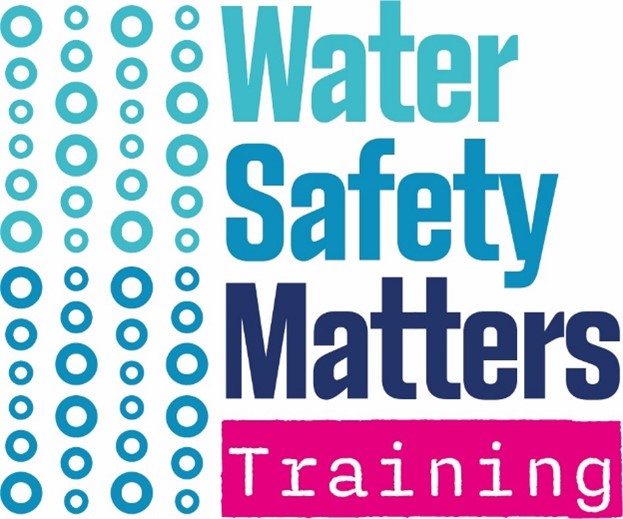Maintenance mode is on
We are performing some essential maintenance on this site. For more info and enquiries please contact:
Email: enquiries@watersafetymatters.co.uk

We are performing some essential maintenance on this site. For more info and enquiries please contact:
Email: enquiries@watersafetymatters.co.uk